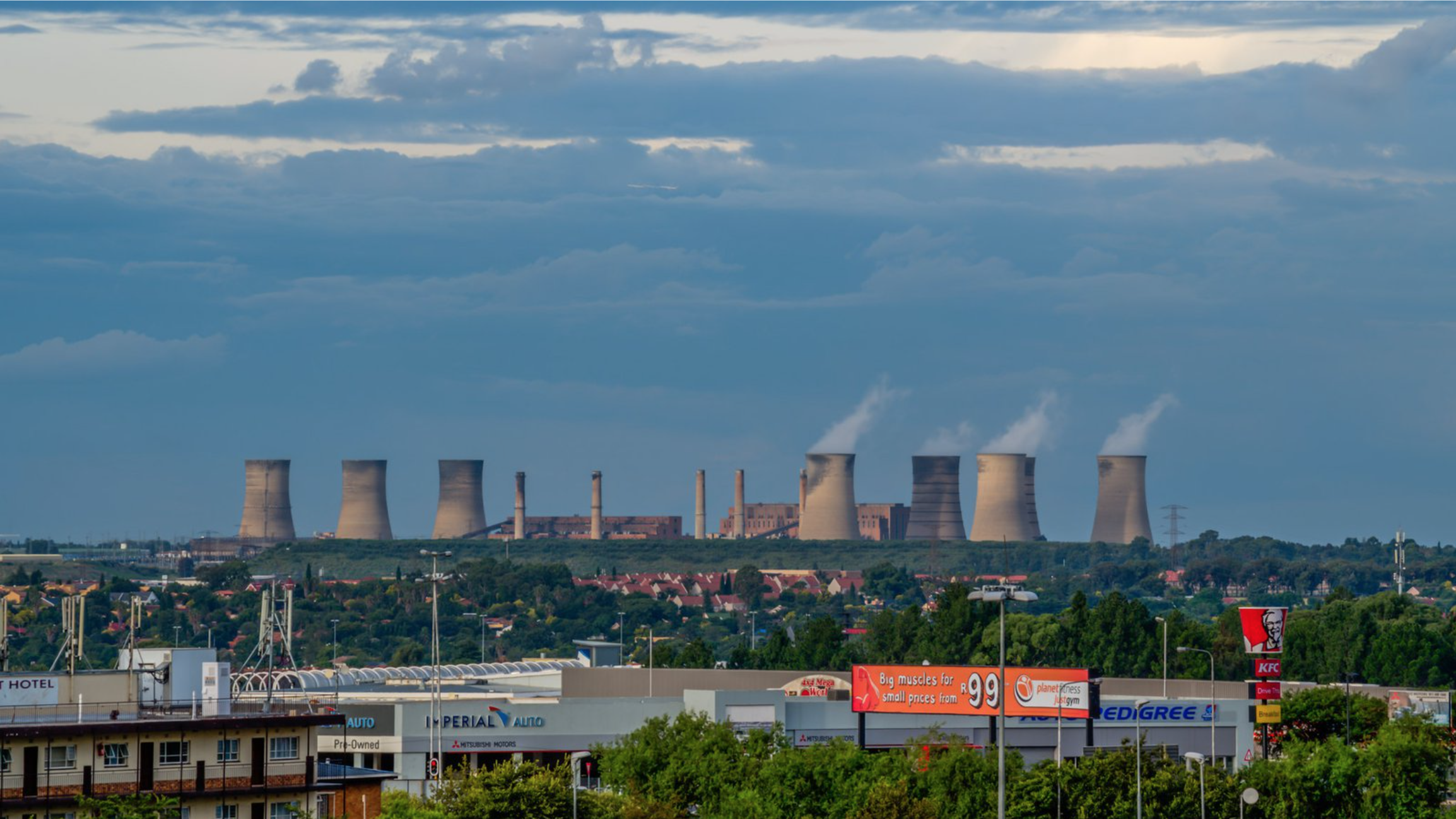Read more
South Africa’s state-owned Central Energy Fund (CEF) has issued a request for information (Rfi) for the development of an independently managed midstream LNG hub in Coega, within South Africa’s Eastern Cape Province. The project is developed under a joint-development agreement (JDA) signed between three South African state-owned entities: the CEF, Transnet SOC and the Coega Development Corporation. It was first announced during the 2019 Energy Budget vote speech and forms part of South Africa’s vision to integrate gas within its energy mix and support its transition away from coal. The RfI issued last Friday covers three distinct components: a gas aggregator that would consolidate gas demand through gas purchase agreements, an EPC contractor for the construction of fixed gas infrastructure from the Ngqura Port to the gas off-takers, and the provision of a floating, storage and regasification unit (FSRU). The CEF has requested all interested parties to submit their response by December 3rd and remains opened to receiving bundled replies integrating one or more components together. It is expected that the RfI would be followed by a procurement process. Where is the Gas Demand? Coega was selected as the initial hub to materialize South Africa’s gas ambitions because of the existence of off-take infrastructure and demand centers in its surroundings, including the Coega Special Economic Zone (SEZ). Potential off-takers notably include the 340 MW Dedisa PPP that currently operates at a 12% capacity factor but could be reviewed shall gas become available. It is also around Coega where Mulilo and TotalEnergies are developing a 200 MW mid-merit plant and where Karpowership is expected to deploy a 450 MW floating power plant to be fed with gas. An additional 1,000 MW power plant is confirmed there as part of South Africa’s Integrated Resources Plan (IRP), with procurement expected to start soon. Finally, existing and future industrial users are expected to represent a gas demand of 5 PJ per annum. Offshore bunkering operations at Coega required 1 million tonnes of heavy fuel oil pre-COVID and could switch to natural gas.
InfraCo Africa, part of the Private Infrastructure Development Group (PIDG) and Helios Investment Partners (Helios) have announced that they are working together to establish a pan-African investment vehicle: Climate, Energy Access and Resilience (CLEAR). The initiative was announced as part of a UK government event hosted in Glasgow on Finance Day of the UN’s COP26 Summit. CLEAR will work towards the achievement of the UN Sustainable Development Goals (SDGs) by funding climate-aligned infrastructure and growth businesses on the continent. In doing so, it will also address the growing demand from domestic and international investors for sustainable investment opportunities that can help to close the infrastructure and productivity gap in Africa. The new pan-African investment vehicle will notably leverage a robust pipeline of projects and growth businesses from both InfraCo Africa and Helios across three core themes: clean energy and the energy transition, green transportation and mobility, and sustainable growth and consumption. CLEAR expects to ultimately raise more than $350m for investment into sustainable infrastructure and businesses which will provide at least 100,000 new jobs, connect more than 1 million people to power for the first time and avoid 100m tonnes of carbon emissions. InfraCo and Helios anticipate that CLEAR will initially be established as a private vehicle but designed and capitalised with a view to listing the vehicle within 3 years of final close.

